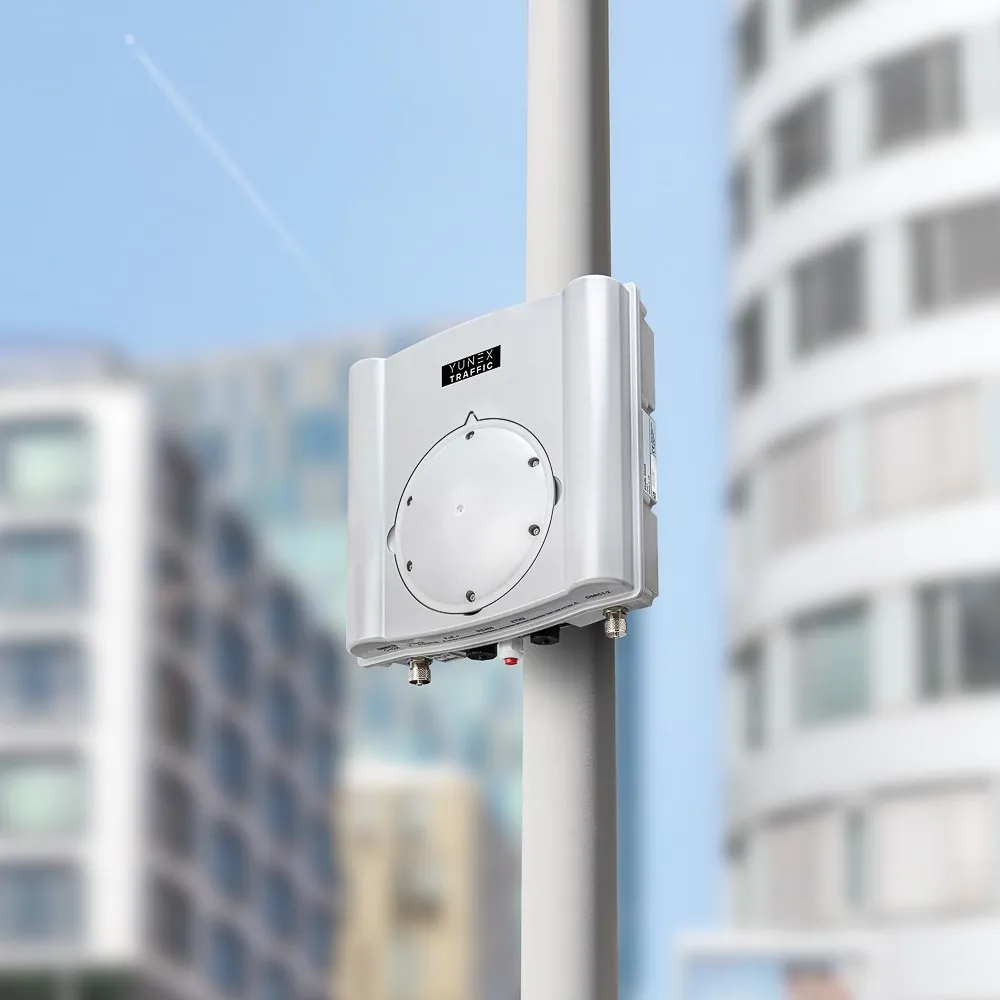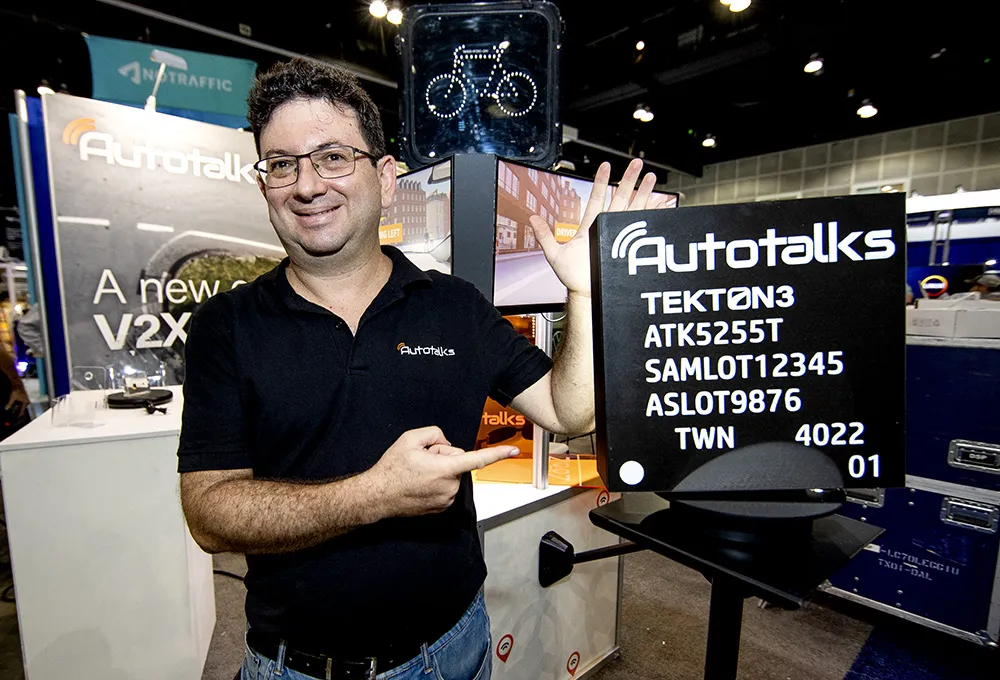
Yunex Traffic has released what it says is the only connected and autonomous vehicle (C/AV) roadside unit (RSU) in the US which is tested to ‘talk’ to automakers’ 2023 model vehicle on-board units (OBUs).
A successor to the RSU1, the RSU2X uses either DSRC or C-V2X signals to transmit speed limits, red light notices and wrong-way warnings, and captures the car’s speed, direction, and location for use by connected safety systems.
Used in the ongoing Tampa Hillsborough Expressway Authority’s (THEA) CV Pilot programme, the edge computing unit can handle 4,000 message verifications and 130 message signature operations per second, Yunex says.
The RSU2X's security measures have been built in line with the NIST Cybersecurity Framework, including secure passwords, secure boot and the use of encrypted and authenticated TLS interfaces to protect an agency’s infrastructure.
“The ability to manage lots of vehicles with lots of security is what separates us,” says Yunex’s US connected vehicle product manager Iouri Nemirovski.
“The RSU2X has four times the computing power of our previous model and in one major test, managed three billion messages from 1,000 vehicles. These can accurately and safely handle the volume of messages needed for any city’s connected vehicle future.”
The unit's safety capabilities include warning drivers about potential rear end collisions, pedestrians in the road and wrong-way ramps.









